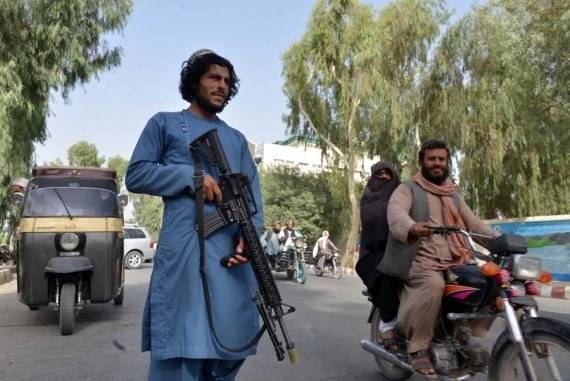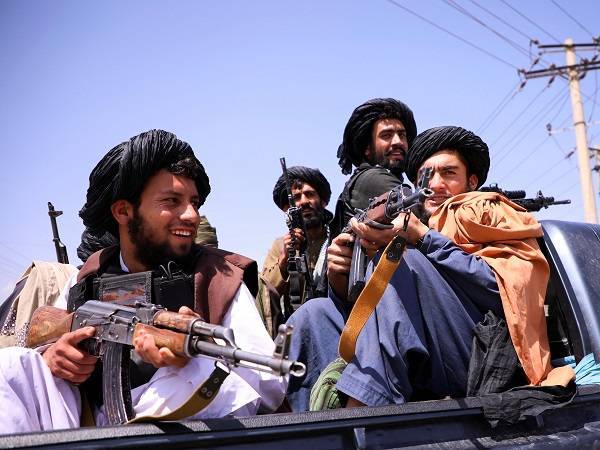Dozens of journalists terrified of reprisals for their reporting fled the country, others went into hiding, and many women were forced out of their positions. …reports Asian Lite News
Following the new media guidelines under the Taliban regime in Afghanistan, the freedom of expression is at risk in Islamic Emirate as the group announced that no media or news agencies are permitted to publish against the interest of the Taliban’s so-called administration.
Citing Afghanistan Journalists Safety Committee, Khaama Press reported that the local authorities in northern Badakhshan province have asked media outlets to publish their reports after a review and censorship.
In its latest report, AJSC said that the Taliban in Badakhshan province have announced that no media or news agencies are permitted to publish against the interest of the group.
The provincial Director of Information and Culture, Muezuddin Ahmadi has said that women are not allowed to appear in public for reporting purposes, while he has said female media workers can work in the office apart from the male staff, AJSC said, according to Khaama Press.

Dozens of journalists terrified of reprisals for their reporting fled the country, others went into hiding, and many women were forced out of their positions. The economic collapse has pummelled smaller outlets too.
Nehad Rasana-e-Afghanistan (NAI), an organization supporting media in Afghanistan, said that since the Islamic Emirate rule, over 257 media outlets have ceased operating in the country due to financial challenges as well as restrictions. This includes print, radio and TV stations.
According to the watchdog, over 70 per cent of media workers have become jobless or left the country. The most affected community has been the ones who are actually upholding the freedom of speech and expression.
No media could report on corruption, mismanagement, lack of capacity of government or Taliban’s behaviour towards people.
Former Deputy Minister of Coordination, Strategy and Policy in Afghanistan’s State Ministry for Peace Abdullah Khenjani pointed out that nearly 7,000 journalists and media workers including the most prominent and leading journalist have left the country and has taken asylum in some other country which resulted in an evident brain drain in the country.
Since the takeover by the Taliban, constructive criticism has gone from the traditional media in Afghanistan. Khenjani further said that the Taliban are not ready to hear any criticism from the media or even independent commentators.
No media could report on corruption, mismanagement, lack of capacity of government or Taliban’s behaviour towards people. (ANI)

Leave a Reply